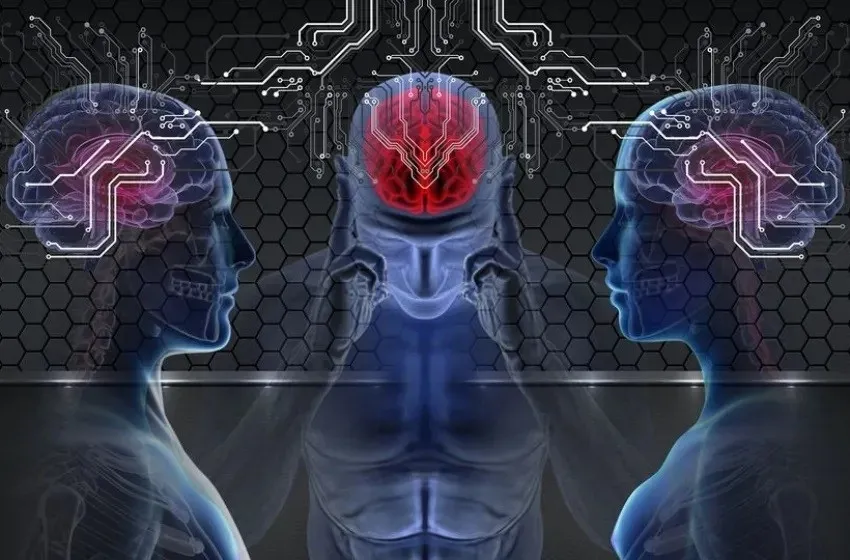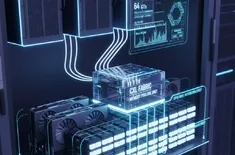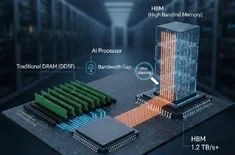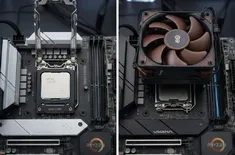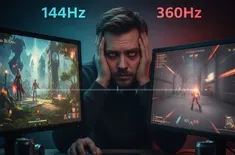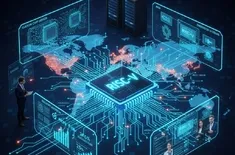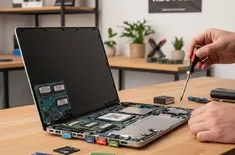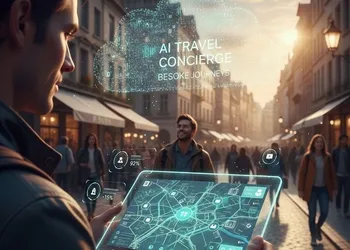US researchers have succeeded in connecting human brain cells to an electronic chip to carry out basic computational tasks.
Researchers in the US have accomplished a breakthrough by linking human brain cells to an electronic chip and performing fundamental computational tasks. This experimentation could pave the way for future advancements in hybrid tools, including computers partly composed of human cells grown in a laboratory.
The initiative, named “Brainoware,” was conducted by researchers at Indiana University Bloomington. They connected brain organoids – three-dimensional cellular structures cultivated in the lab that simulate organ functions (in this scenario, brain cells) – to thousands of electrodes. These electrical pathways were capable of reacting to input information via electronic pulses.
In this initial trial, Brainoware showcased its capacity for learning and communication. For instance, the researchers trained it, using AI, to recognise human voices with an accuracy of 78%.
This study, documented in the journal Nature Electronics, lays the groundwork for a new wave of “biocomputers” – amalgamated computers fusing human brain capabilities with machinery to execute intricate calculations.
Ultimately, this technology could overhaul numerous domains, including robotics. It might enable the development of more intelligent, self-sufficient robots capable of engaging with humans in a more innate manner.
In the realm of healthcare, this technology could prove invaluable in formulating fresh treatments for neurological conditions like Alzheimer’s disease. It could also facilitate testing the effectiveness and safety of different treatments.
The concept of organoid intelligence is still at a nascent stage. Organoids are miniature and simplified renditions of an organ generated in a lab setting.
They are crafted from stem cells that mature and structure themselves to replicate the traits of a specific organ, such as the brain. The objective is to combine them with “smart” chips to amplify their potential, potentially reshaping the landscape of artificial intelligence.
